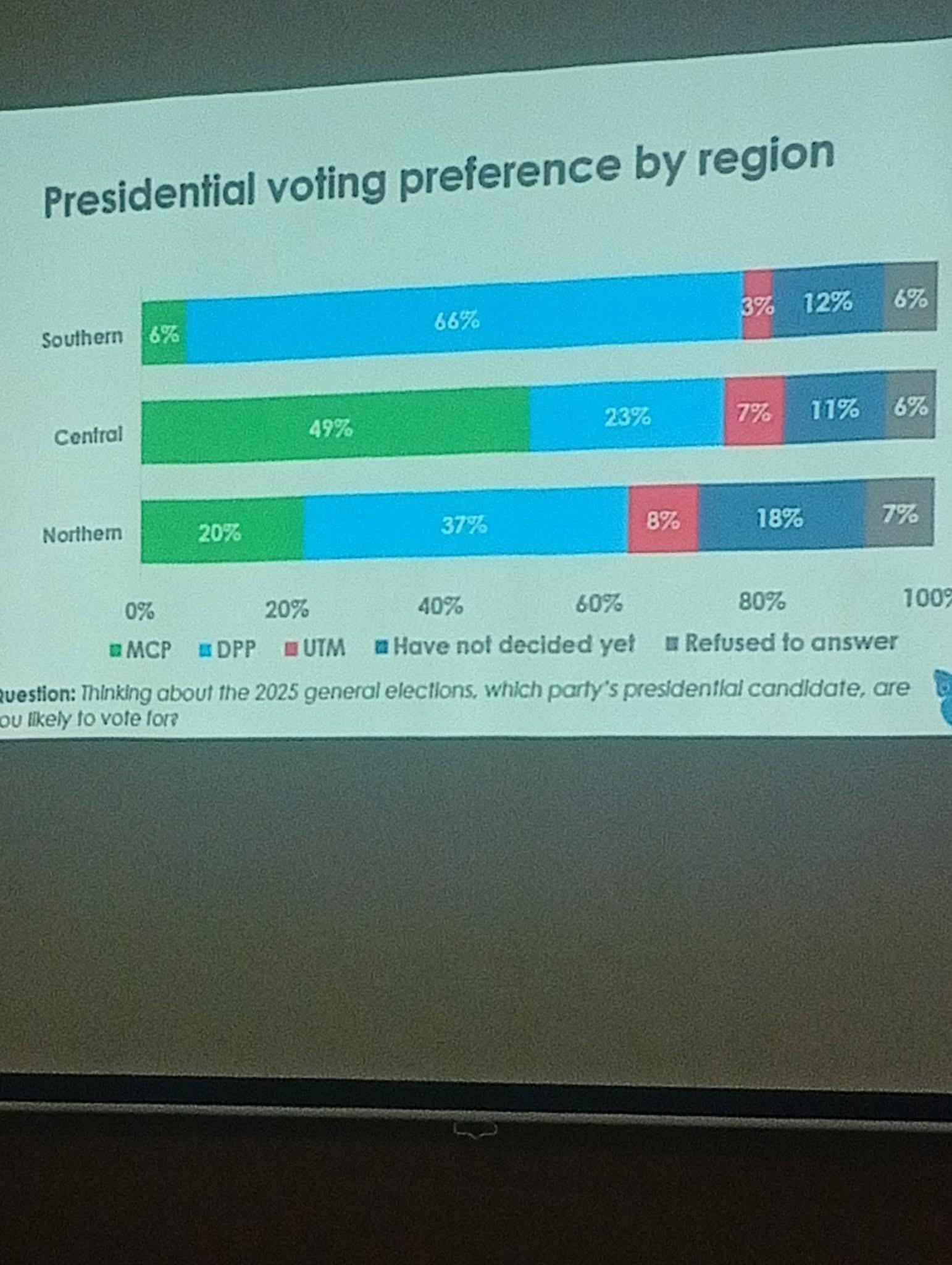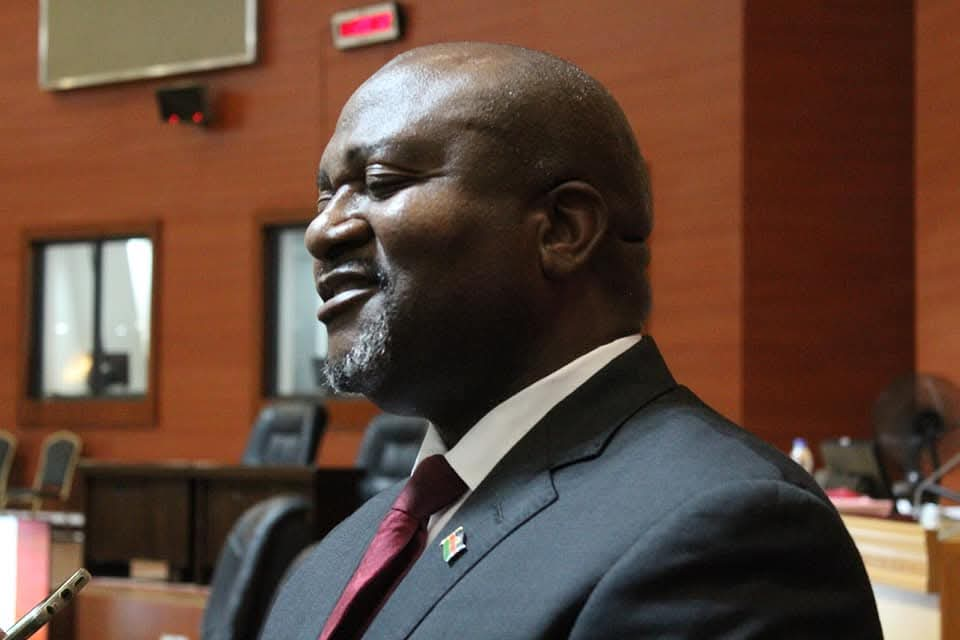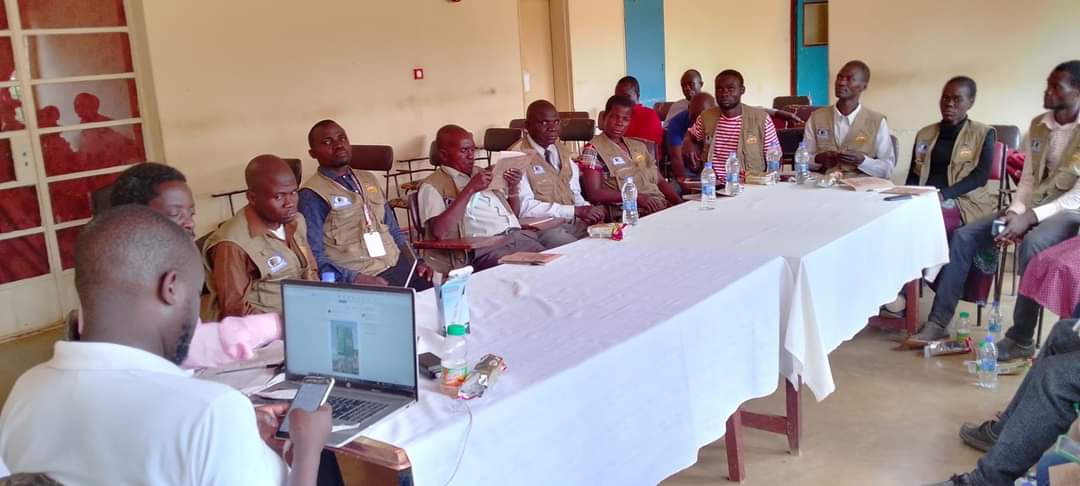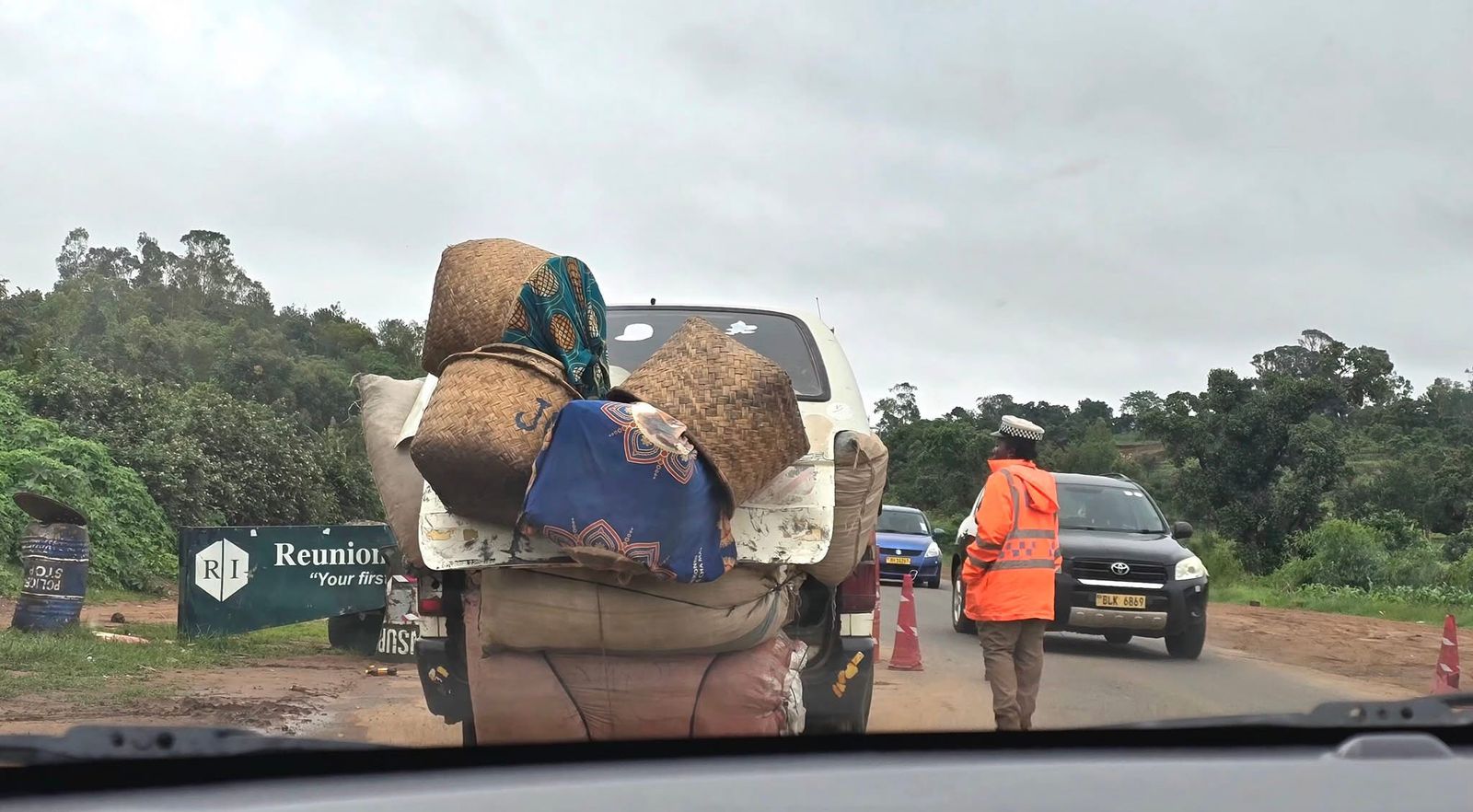By Jones Gadama
A recent national survey conducted by the Institute of Public Opinion and Research (IPOR) has revealed a commanding lead for former President Peter Mutharika in the 2025 presidential race.
The survey, released today in Lilongwe, indicates that Mutharika enjoys the support of 43 percent of registered voters, positioning him as the clear frontrunner in the upcoming September 16 elections.
The data, collected from July 6 to 20 across 27 districts, paints a dynamic and evolving political landscape in Malawi. Current President Lazarus Chakwera trails significantly behind with 26 percent support.
UTM party candidate Dalitso Kabambe is polling at five percent, while Atupele Muluzi and Joyce Banda register two percent and one percent, respectively.
The survey also highlights that a substantial 95 percent of registered voters have expressed their definite intention to participate in the forthcoming elections, signaling a high level of electoral engagement among the Malawian electorate.
One of the most notable findings from the survey is the strong backing Peter Mutharika commands among young voters aged 18 to 35. According to Professor Michael Chasukwa, IPOR’s director of training and research, half of this demographic group supports Mutharika, dispelling concerns that his age might deter younger voters.
Professor Chasukwa emphasized this point during the presentation of the survey results to journalists in the capital city, suggesting that Mutharika’s appeal transcends generational boundaries and may be rooted in factors other than age.
The survey also reveals that voter indecision remains a factor, with approximately 12 percent of respondents still uncertain about their preferred candidate, and an additional six percent opting not to disclose their choice.
This segment represents a critical pool of potential votes that could influence the final outcome of the election.
Peter Mutharika, who served as Malawi’s president from 2014 to 2020, has maintained a significant political presence and support base despite his electoral defeat in 2020.
His resurgence in popularity, as reflected in this latest survey, suggests that his policies, leadership style, or political messaging continue to resonate with a broad segment of the population.
Analysts might attribute his strong showing among youth voters to targeted campaign strategies, promises of economic empowerment, or alignment with the aspirations of younger Malawians seeking change.
President Lazarus Chakwera, who has been in office since 2020, faces a challenging path ahead. While holding the incumbency advantage, Chakwera’s current support base appears to be insufficient to guarantee re-election, based on these polling figures.
The survey’s results could prompt a reevaluation of campaign tactics or policy priorities within the ruling party to regain voter confidence and address the concerns of a diverse electorate.
Dalitso Kabambe’s performance, though modest at five percent, signals UTM’s continued presence in the political arena, albeit with limited influence at this stage.
Atupele Muluzi and Joyce Banda, both well-known political figures, appear to be struggling to gain traction in this election cycle, with their support hovering at the lower end of the spectrum.
The high turnout intention rate, at 95 percent, underscores the population’s commitment to the democratic process.
This enthusiasm may be driven by the stakes involved in the election, as well as the desire for effective leadership that can address Malawi’s social, economic, and political challenges.
It also highlights the importance of free and fair elections, where voter participation is critical to legitimizing the results and ensuring a representative government.
The 12 percent of undecided voters present an intriguing element to the electoral equation.
Their eventual choices could shift the balance of power, especially in a race where the leading candidate holds a substantial but not overwhelming lead.
Campaign efforts in the coming weeks are likely to intensify as candidates seek to win over this segment through targeted messaging, rallies, and policy proposals.
The six percent of respondents who declined to reveal their preferences might reflect a degree of political caution or skepticism.
This could be influenced by various factors, including concerns about privacy, political intimidation, or simply indecision.
Understanding the motivations behind this silence could be important for political analysts and campaign teams alike.
As Malawi approaches the September 16 elections, the political climate is charged with anticipation and uncertainty.
The survey results offer a snapshot of current voter sentiment but also highlight the fluid nature of political support.
Changes in campaign dynamics, unforeseen events, or shifts in public opinion could alter the trajectory of the race in the coming weeks.
Peter Mutharika’s lead, particularly his dominance among younger voters, may indicate a generational shift or a redefinition of political alliances in Malawi.
The youth’s engagement in the political process is crucial for shaping the country’s future, and their support for Mutharika could signal broader trends in Malawian politics.
President Chakwera’s challenge will be to consolidate his base while reaching out to undecided and disillusioned voters.
His ability to communicate a compelling vision for Malawi’s future and respond to the electorate’s needs will be key determinants of his re-election prospects.
For the other candidates, the path forward involves increasing visibility, clarifying policy positions, and building coalitions that can translate into votes.
The relatively low percentages for Kabambe, Muluzi, and Banda suggest that their campaigns need to intensify efforts to remain relevant in a competitive political environment.
In summary, the IPOR survey provides valuable insights into the current state of the 2025 Malawian presidential race. Peter Mutharika’s strong lead, especially among the youth, positions him as a formidable contender.
However, the significant portion of undecided voters and the high engagement levels among the electorate mean that the race remains open and dynamic.
As the election date draws nearer, all candidates will need to sharpen their strategies and connect meaningfully with voters to secure victory in what promises to be a pivotal moment in Malawi’s political history.




